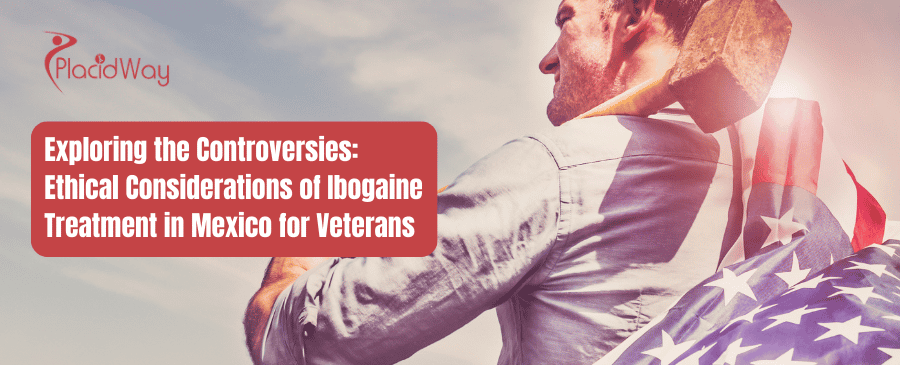
Imagine a soldier coming home from the battlefield, carrying the weight of tough experiences that make them emotionally fragile. In Mexico, they're trying out a unique treatment called ibogaine therapy to help with addiction and PTSD. However, there's a big debate about whether this treatment is ethical. Some worry that using a psychedelic substance like ibogaine without enough scientific research might be risky.
Others argue that we need new, creative solutions for veterans who haven't responded well to traditional treatments. Mexico is at the center of these discussions, balancing the potential benefits of ibogaine therapy with concerns about safety and cultural sensitivity. It's like walking a tightrope between trying something new and making sure it's safe and respectful for the veterans seeking help.
Who is Eligible for Ibogaine Therapy in Mexico?
Veterans struggling with addiction often seek alternative treatments after conventional methods have proven ineffective. Ibogaine treatment in Mexico offers a potential solution, but eligibility criteria vary. Typically, candidates undergo thorough medical assessments to ensure safety during the treatment process. While Ibogaine shows promise, not all individuals are suitable candidates. Those with underlying health conditions or certain medications may be ineligible, highlighting the importance of careful screening and medical supervision.
Addressing the Controversies of Ibogaine Treatment in Mexico
The use of Ibogaine for addiction treatment sparks controversies due to its legal status and potential risks. In Mexico, where regulations may differ from those in other countries, ethical considerations arise regarding patient safety, informed consent, and the lack of standardized protocols.
Critics argue that the absence of comprehensive regulation poses risks to vulnerable populations, including veterans seeking treatment. Furthermore, the ethical implications of promoting Ibogaine without extensive research and regulatory oversight raise concerns within the medical community. The ethical considerations surrounding Ibogaine treatment in Mexico are multifaceted, encompassing various aspects of safety, consent, and societal impact.
1. Safety Concerns:
One primary ethical concern revolves around the safety of Ibogaine treatment. While proponents highlight its potential benefits, skeptics emphasize the lack of comprehensive research on its long-term effects and potential risks. Ensuring the safety of veterans undergoing this treatment is a critical ethical consideration, demanding thorough medical supervision and rigorous adherence to safety protocols.
2. Informed Consent:
Obtaining informed consent is a cornerstone of ethical medical practices. With Ibogaine treatment being a relatively unconventional approach, ensuring that veterans fully understand the potential risks, benefits, and uncertainties is imperative. Ethical practitioners prioritize transparent communication, allowing individuals to make informed decisions about their mental health journey.
3. Access and Equality:
The ethical implications of Ibogaine treatment extend to questions of accessibility and equality. Concerns arise regarding whether this alternative therapy is accessible to all veterans, regardless of socioeconomic status. Ethical considerations dictate that groundbreaking treatments should be available to a broad spectrum of individuals, avoiding disparities in access that could perpetuate existing inequalities.
4. Integration with Traditional Therapies:
Ethical debates also center around the integration of Ibogaine treatment with traditional therapeutic approaches. Striking a balance between innovative solutions and established methods is crucial to ensuring that veterans receive comprehensive and effective care. Ethical practitioners navigate this terrain carefully, seeking to integrate Ibogaine treatment into a broader framework of mental health support.
5. Community and Societal Impact:
Ibogaine treatment's potential impact on communities and society raises ethical questions. How does the widespread adoption of this alternative therapy affect societal attitudes towards mental health? Ethical considerations prompt a thoughtful examination of the broader implications, including potential stigmatization, cultural shifts, and the role of mental health treatments in shaping collective perceptions.
Navigating Ethical Crossroads
Balancing Risks and Benefits
One of the key ethical challenges is striking a delicate balance between the potential benefits of Ibogaine treatment and the associated risks. Ethical practitioners weigh these factors carefully, acknowledging the need for innovative solutions while prioritizing the safety and well-being of veterans.
Continuous Research and Monitoring
Ethical considerations emphasize the importance of ongoing research and monitoring. Responsible practitioners engage in continuous efforts to enhance understanding, gather data on treatment outcomes, and refine protocols to ensure the highest standard of care for veterans seeking Ibogaine treatment.
Ensuring Safety and Accountability
To mitigate ethical concerns surrounding Ibogaine treatment, stringent safety measures and ethical guidelines are imperative. Clinics offering Ibogaine therapy must prioritize patient safety through comprehensive medical evaluations, personalized treatment plans, and continuous monitoring. Additionally, transparency regarding risks, potential side effects, and the experimental nature of Ibogaine treatment is essential for informed decision-making. Ethical clinics adhere to professional standards, prioritize patient well-being, and collaborate with healthcare professionals to ensure accountability and responsible practices.
Advantages of Ibogaine Therapy in Mexico
- Potential for Rapid Detoxification: Ibogaine has shown efficacy in facilitating rapid detoxification from opioids and other substances, reducing withdrawal symptoms and cravings.
- Psychological Insights: Beyond its pharmacological effects, Ibogaine therapy may induce profound introspection and psychological insights, aiding in the resolution of underlying traumas and emotional issues.
- Long-lasting Effects: Some individuals experience prolonged periods of abstinence from addictive substances following Ibogaine treatment, suggesting long-term benefits in addiction recovery.
- Non-Addictive Properties: Unlike conventional medications for addiction treatment, Ibogaine is not addictive and does not require long-term maintenance therapy, offering a unique approach to overcoming substance dependence.
- Holistic Approach: Ibogaine treatment often incorporates holistic practices, such as spiritual ceremonies and therapeutic support, addressing the multifaceted nature of addiction and promoting overall well-being.
Top Ibogaine Treatment Centers in Mexico
Several clinics in Mexico offer Ibogaine treatment for addiction recovery, each with its approach and treatment protocols. When considering Ibogaine therapy, it's essential to research clinics thoroughly, considering factors such as medical supervision, facilities, and patient reviews. While some clinics may specialize in Ibogaine treatment, others offer a range of addiction recovery services within a holistic framework.
|
Ibogaine Treatment Centers in Mexico |
|
Cost of Ibogaine Therapy in Mexico
The cost of Ibogaine treatment in Mexico varies depending on the clinic, treatment duration, and additional services provided. While some clinics offer affordable options, others may charge higher fees for comprehensive programs and personalized care. Veterans exploring Ibogaine treatment should consider not only the upfront costs but also potential savings compared to conventional addiction treatment modalities.
|
Provider |
Cost in USD |
|
Genesis Ibogaine Clinic |
$9,500 |
|
Clear Sky Ibogaine |
$10,000 |
|
Experience Ibogaine Treatment Center |
$6,300 |
Highly Qualified Ibogaine Therapy Doctors in Mexico
Qualified medical professionals play a crucial role in ensuring the safety and efficacy of Ibogaine treatment. While specific "best" doctors may not be universally recognized, reputable clinics employ experienced physicians, nurses, and support staff trained in addiction medicine and psychedelic therapy. Collaborating with knowledgeable healthcare providers enhances the quality of care and contributes to positive treatment outcomes for veterans seeking Ibogaine therapy.
|
Ibogaine Therapy Doctors in Mexico |
|
Request a Consultation for Ibogaine Treatment in Mexico at PlacidWay!
For veterans considering Ibogaine treatment in Mexico, it's essential to make informed decisions and prioritize safety and well-being. To explore treatment options and connect with trusted providers, consider scheduling a consultation with PlacidWay Medical Tourism. Our network of accredited clinics and experienced healthcare professionals can guide you through the process, ensuring personalized care and support on your journey to recovery. Take the first step towards a healthier, substance-free life today.



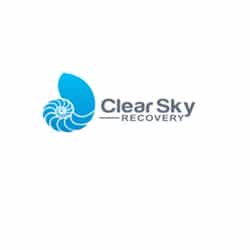



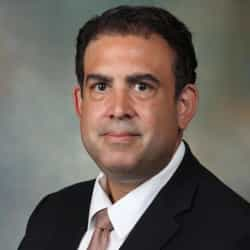







.png)
.png)
.png)
.png)


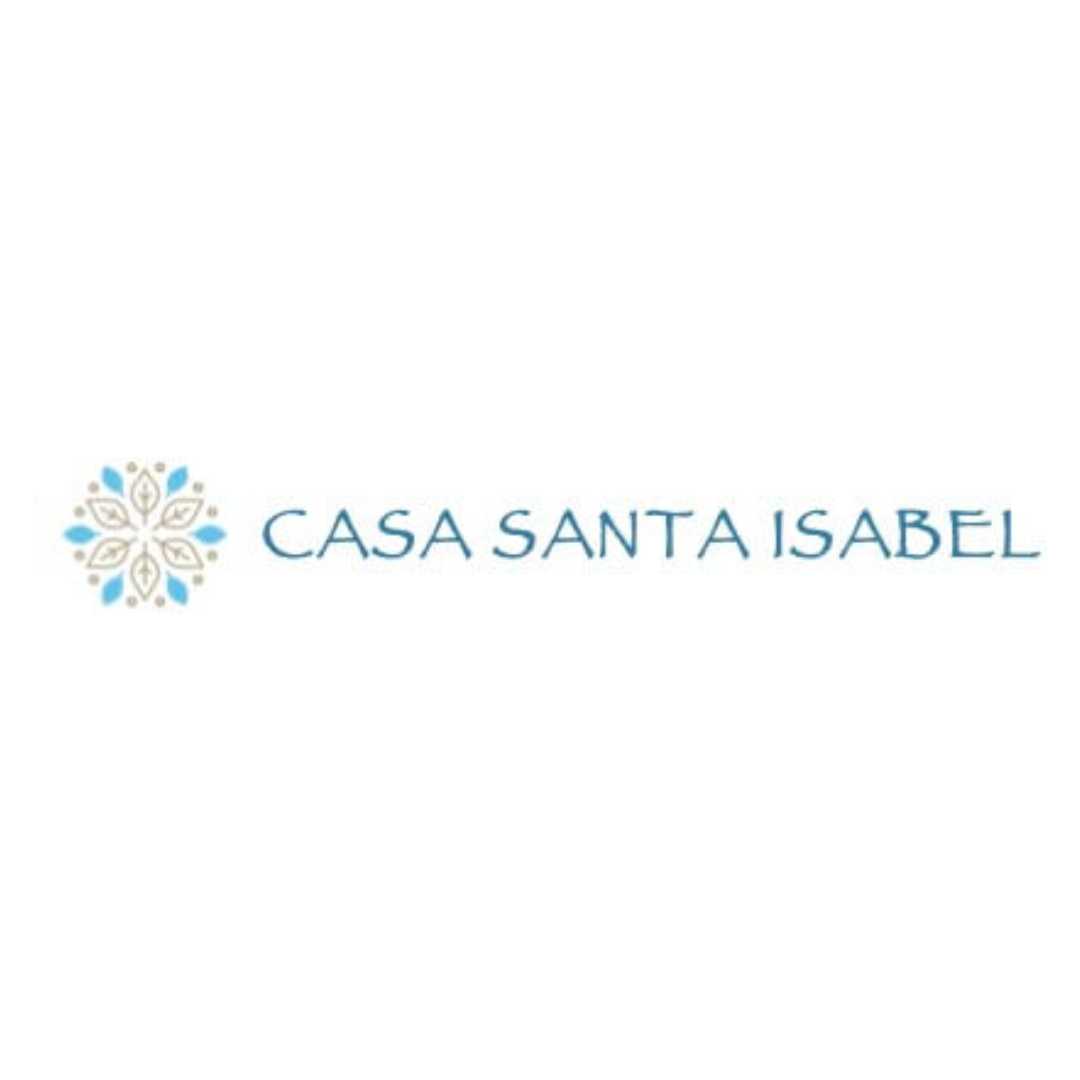
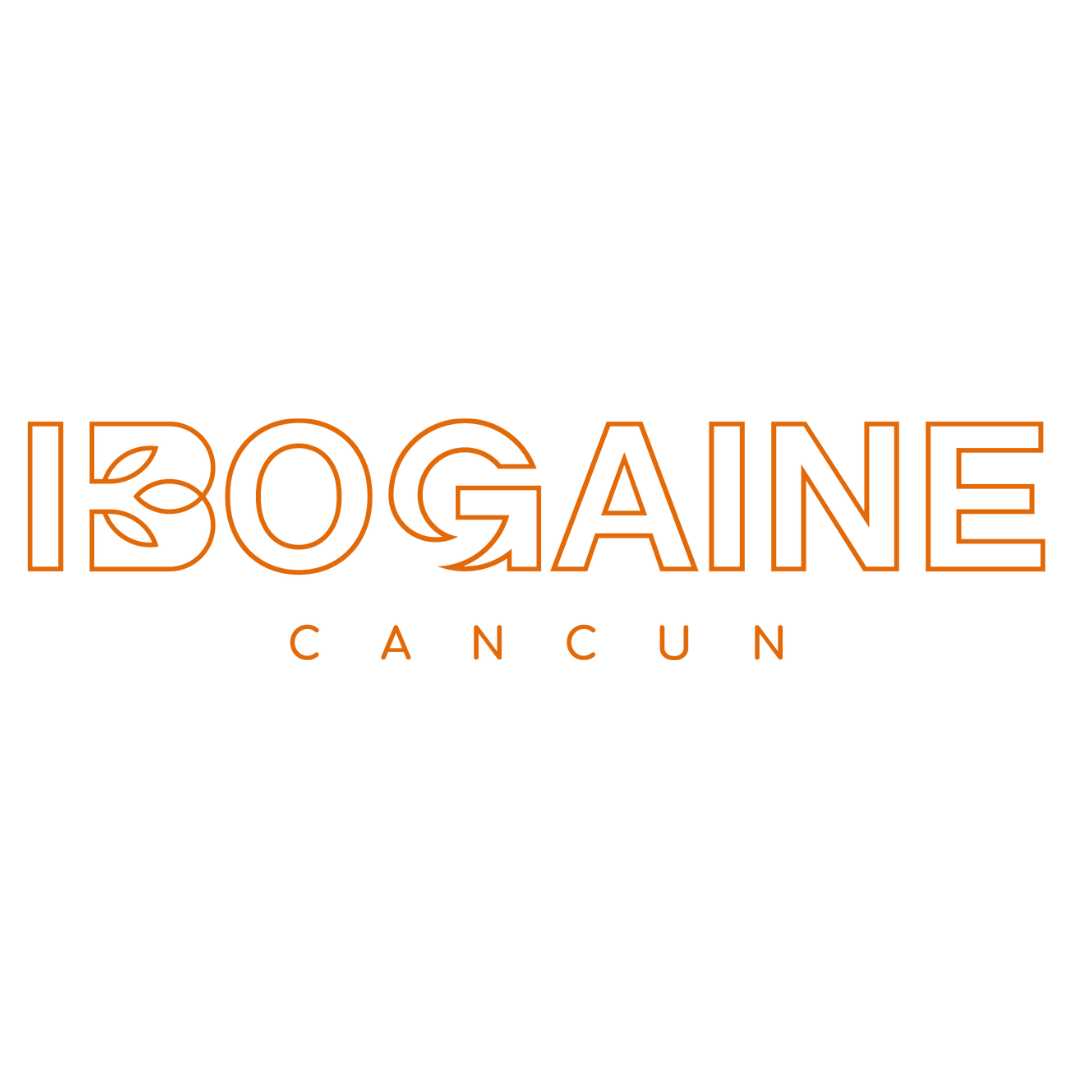
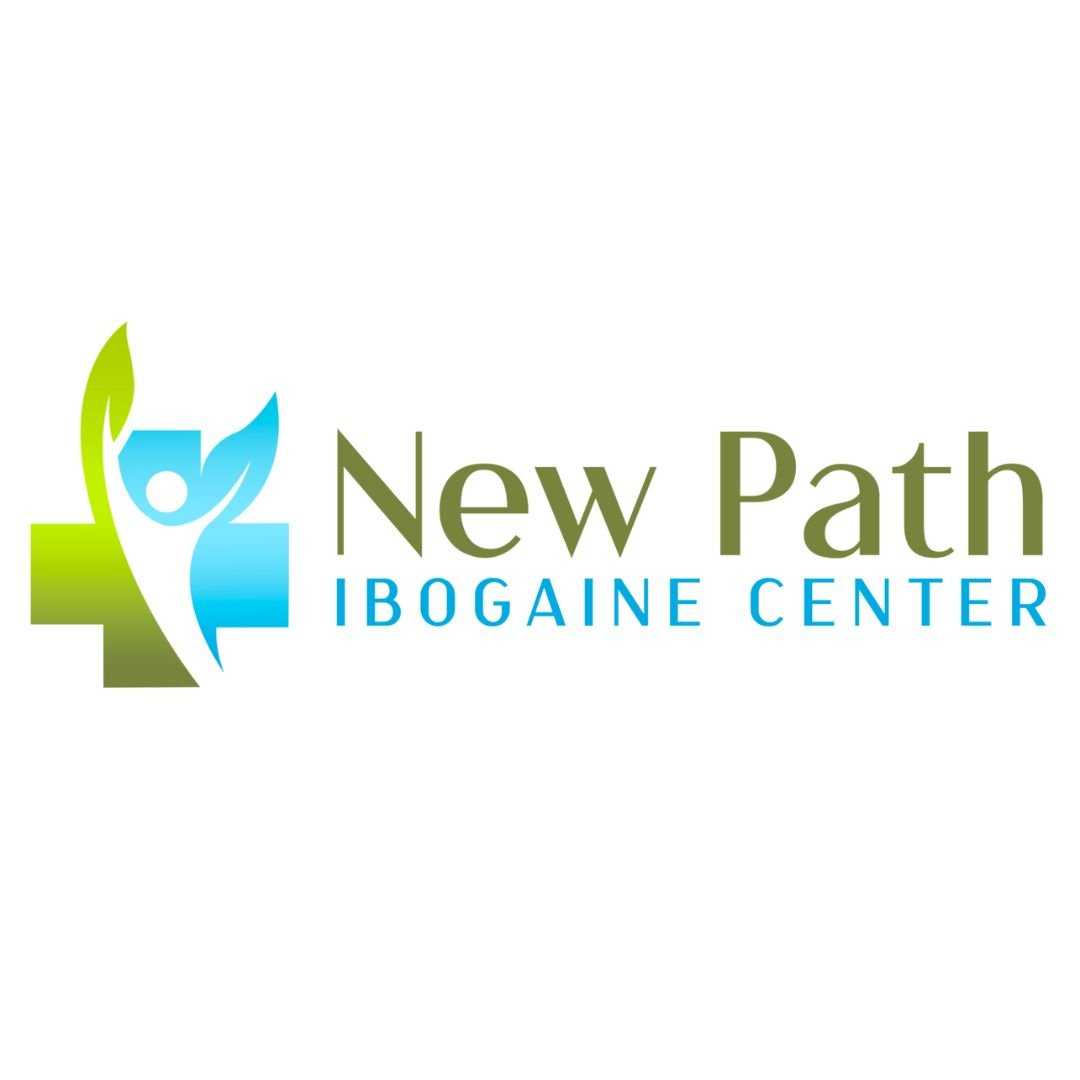

Share this listing